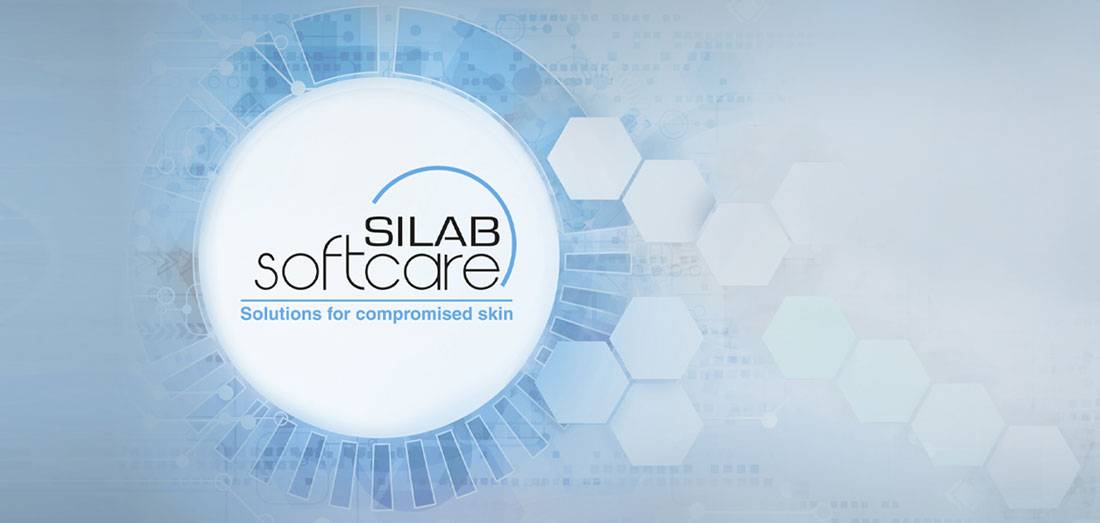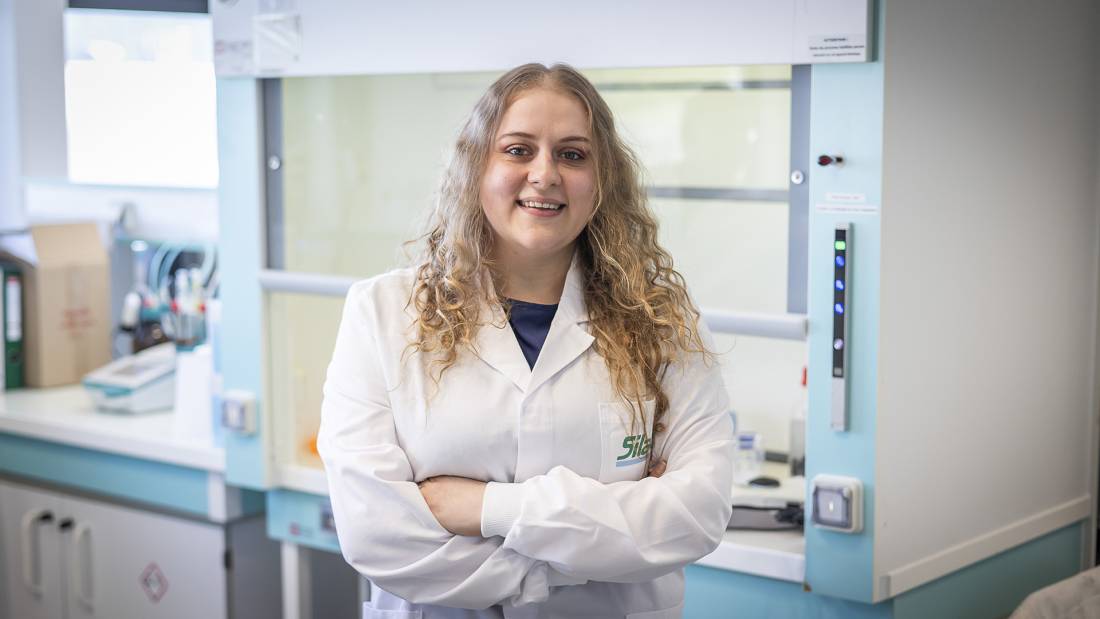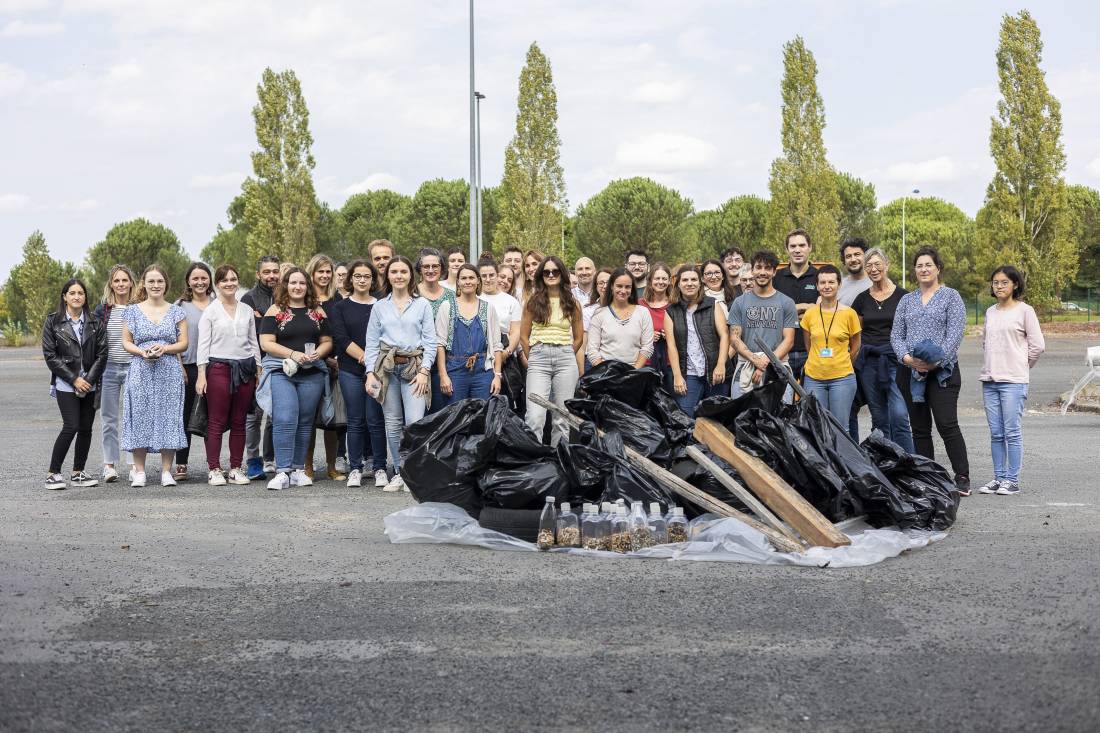Despite their known adverse effects, corticosteroids are commonly used in the treatment of atopic dermatitis. With this in mind, SILAB initiated research work with the aim of offering an alternative natural solution (AD-RESYL®). The company therefore extracted specific molecules (fructosans) from a plant emblematic of traditional Chinese medicine (Ophiopogon japonicus) and demonstrated their ability to prolong the period of remission between two flares.
The clinical efficacy of these natural molecules added to Diprobase® was evaluated in partnership with ClinReal Online (Toulouse), a CRO[1] specializing in the field of clinical tests for dermatology. For this, a randomized, double-blind, placebo-controlled trial was conducted on a cohort of 104 Caucasian children and 144 Caucasian adults with slight to moderate atopic dermatitis.
The results obtained for both cohorts under dermatological supervision showed that these fructosans led to a reduction in the SCORAD[2] and an improvement in the quality of life of the patients and their families. Moreover, the significant reduction in relapse rate validated the benefit of topical care containing these natural molecules, available preservative-free, to maintain the remission phase as a relay of a corticosteroid treatment.
With this new scientific article, three publications* ** now support the strategy of the SILAB Softcare department and this initial research program on atopic dermatitis.
said Brigitte Closs-Gonthier, Deputy General Manager for Innovation at SILAB.
* Mainzer et al., Acta Dermato-Venereologica, 2019; 99: 858-864.
** (1) Rouaud-Tinguely et al., British Journal of Dermatology, 2015; 173(4):1006-1014.
(2) Verzeaux et al., Experimental Dermatology, 2018; 27(4):403-408.
[1] Contract research organization
[2] Scoring atopic dermatitis: atopic dermatitis severity score for monitoring of its progress.






